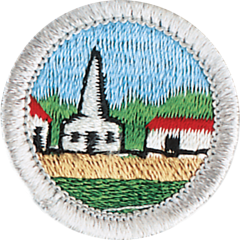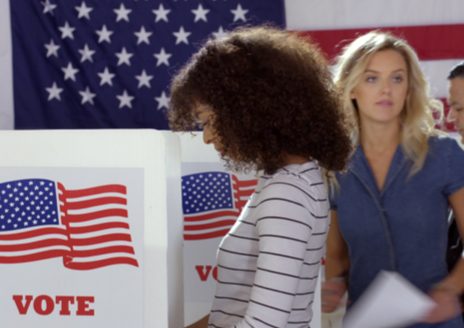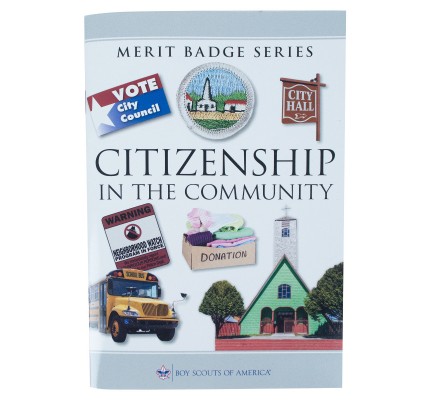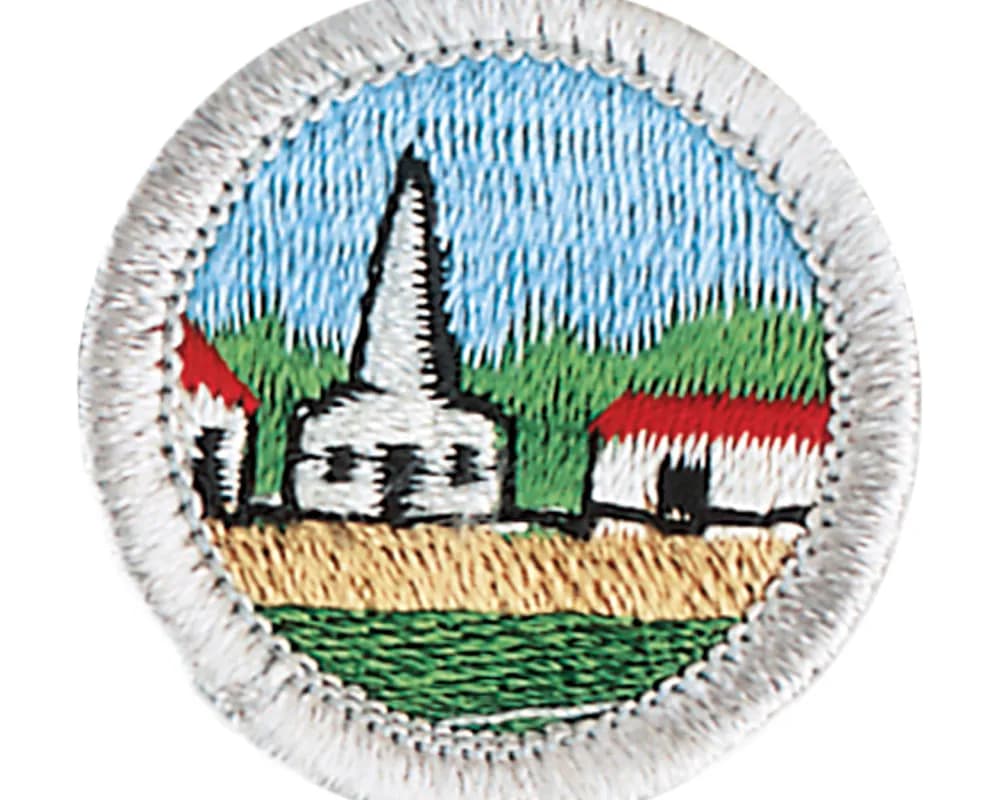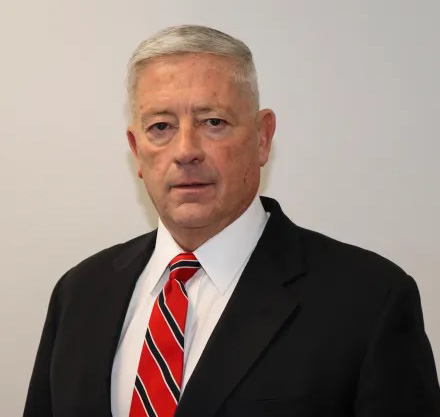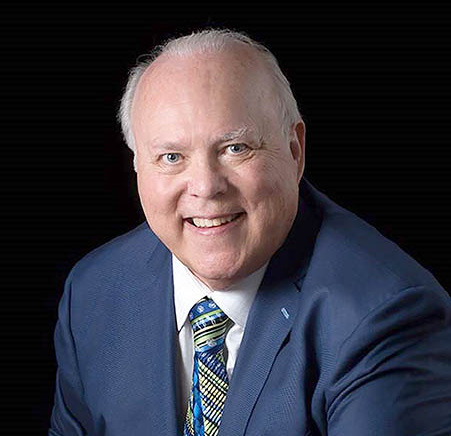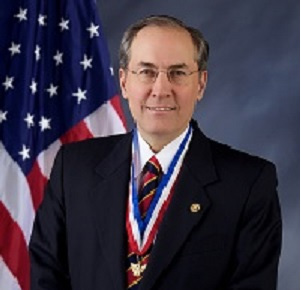
To many adults, discussing citizenship is inspiring. To many Scouts, it’s sleep-inducing. Especially when working on the Citizenship in the Community merit badge.
“If you just talk about ‘What does it mean to be a citizen?’, they’re going to go to sleep,” says Danny Van Horn, a Memphis attorney who serves as council commissioner of the Chickasaw Council. The solution, he says, is to focus on what Scouts find interesting, mixing in discussions of citizenship the way a parent might hide vegetables in a casserole.
Citizenship-Community-badge-pamphletRather than turn the badge into a civics class, Van Horn highlights relevant examples of citizen action. For example, since many of his Scouts run or ride bikes on the Shelby Farms Greenline, he explains how a group of citizens made the popular rails-to-trails project happen. “It wasn’t some random government person,” he explains. “It was a group of citizens who got together and said, ‘This is something that’s important to us.’ ”
Van Horn likes to connect requirement 4 (learning about a local issue) with requirement 7 (working with a local charitable organization). He encourages each Scout to focus on an issue that affects him personally and then get involved with an organization that’s addressing that issue. “The Scouts who get more out of the merit badge are the ones who tie their service hours to some community issue that they want to work on,” he says. One Scout admitted that homeless people in downtown Memphis made him uneasy, so
Van Horn connected him with the Memphis Union Mission. Another Scout was proud of the city’s musical heritage, so he volunteered with Stax Music Academy.
One of the most nap-producing parts of Citizenship in the Community is the visit to a council meeting, school board meeting or court session (requirement 3). Before Van Horn takes a group of Scouts to a Memphis City Council meeting, he likes to get a copy of the agenda and pick an issue they might find interesting. He presents both sides of the issue to his Scouts — or has them research the issue — and holds an informal debate. The Scouts then guess how council members will vote. At the council meeting, he says, “When that item comes up on the agenda, they actually listen because they have some context with which to understand the conversation.”
Piquing Scouts’ interest is also important with requirement 5 (watching a movie that shows citizens in action). Lots of movies could work, but Van Horn’s go-to choices are sports movies like Remember the Titans. Although most of his Scouts have seen that film before, “by the end, they’ve looked at it in a new light,” he says.
Van Horn strives to achieve the same goal with the whole badge. He wants Scouts to understand how their community came to be and how they can make it better: “To me, the whole idea behind Citizenship in the Community is a realization that you don’t have to be a politician to make a difference in your community.”


